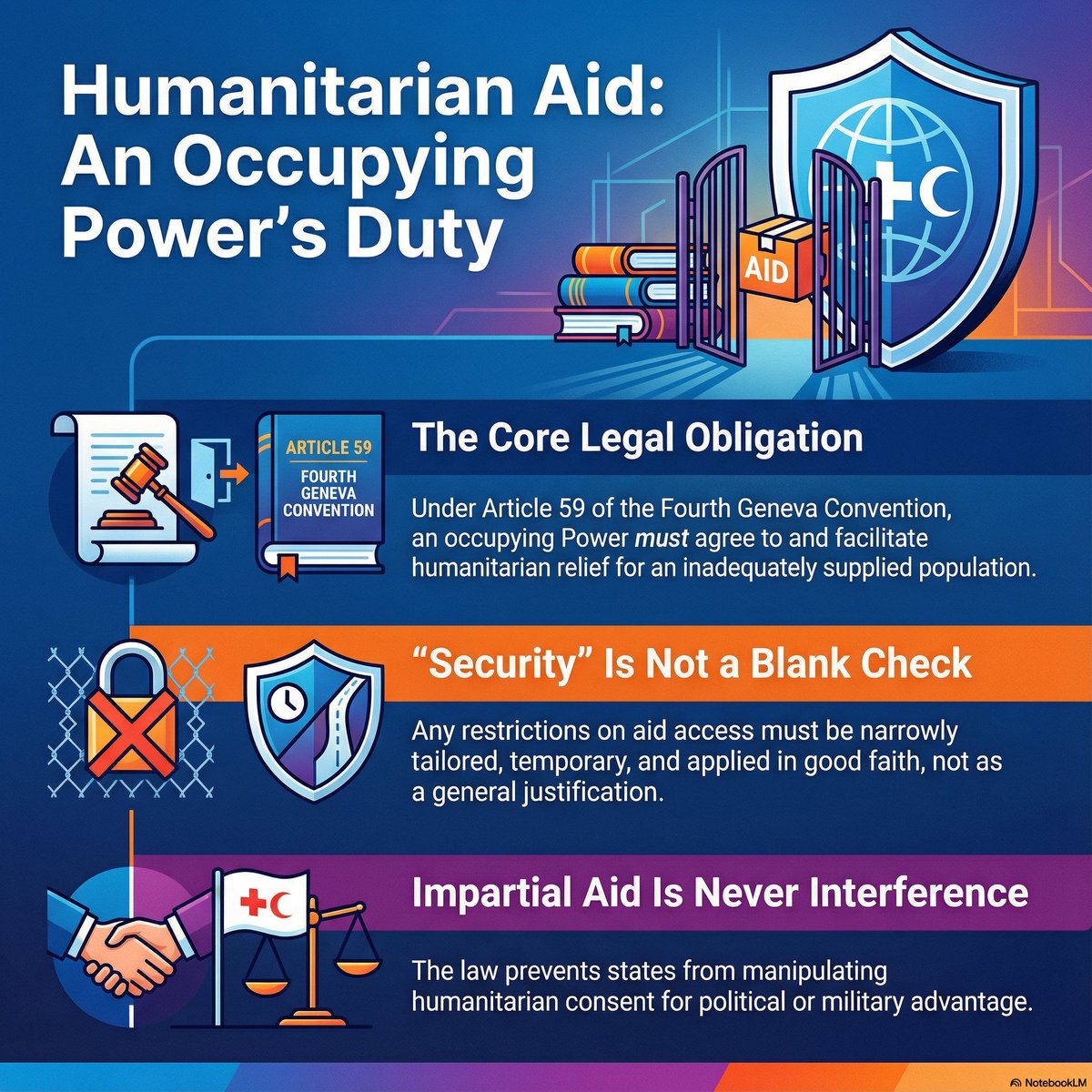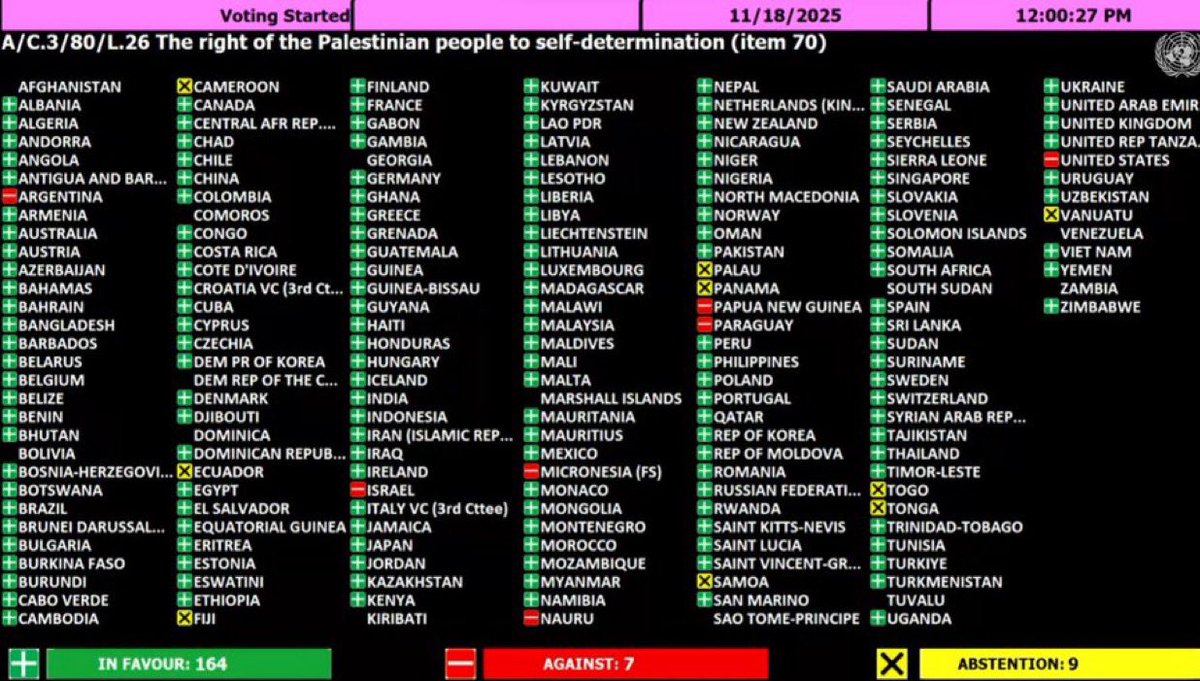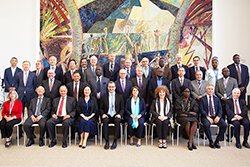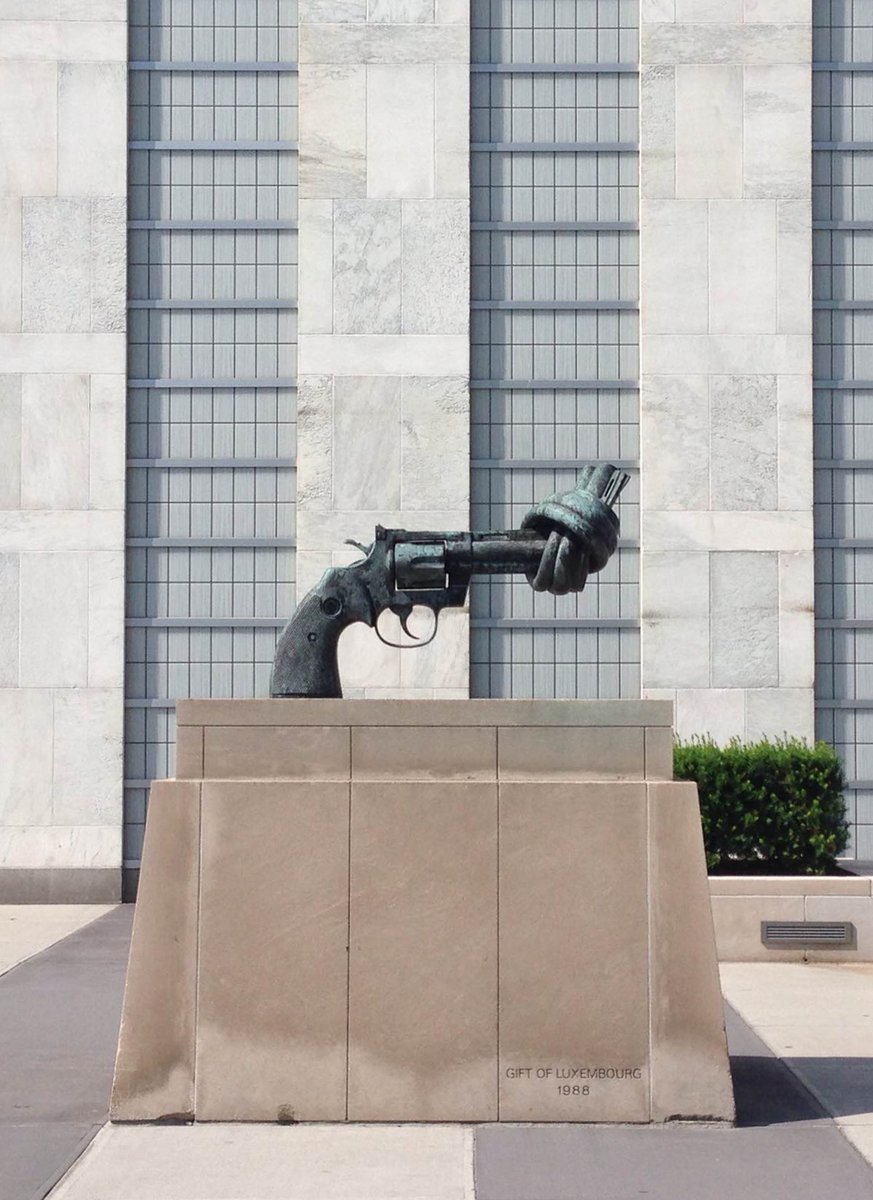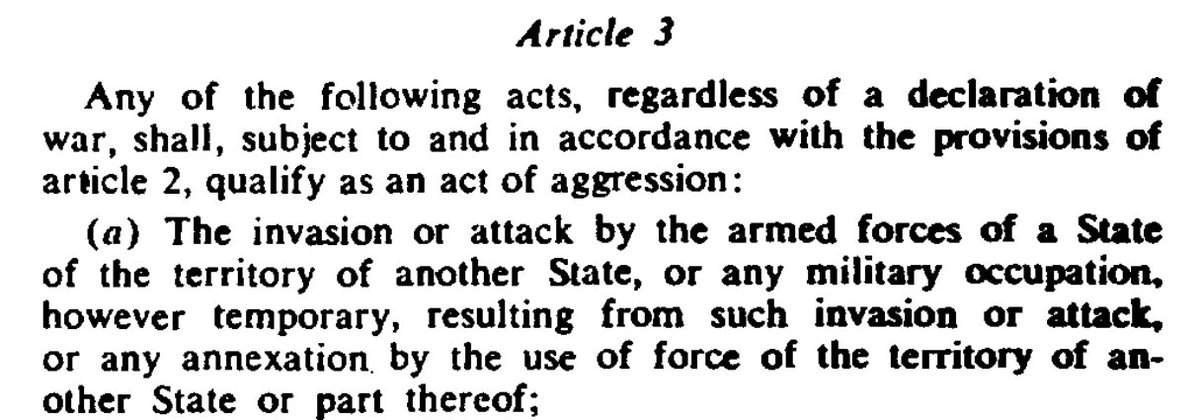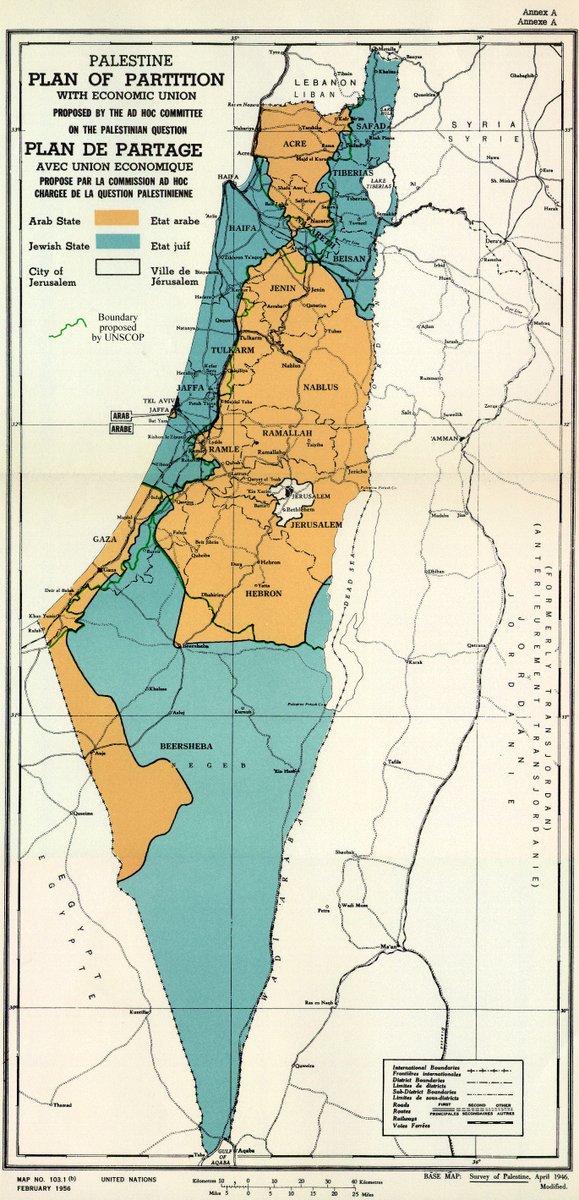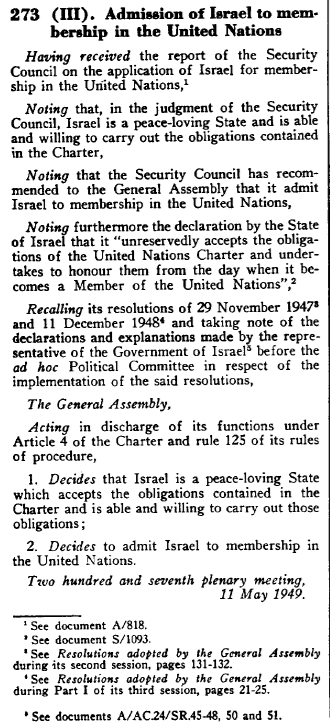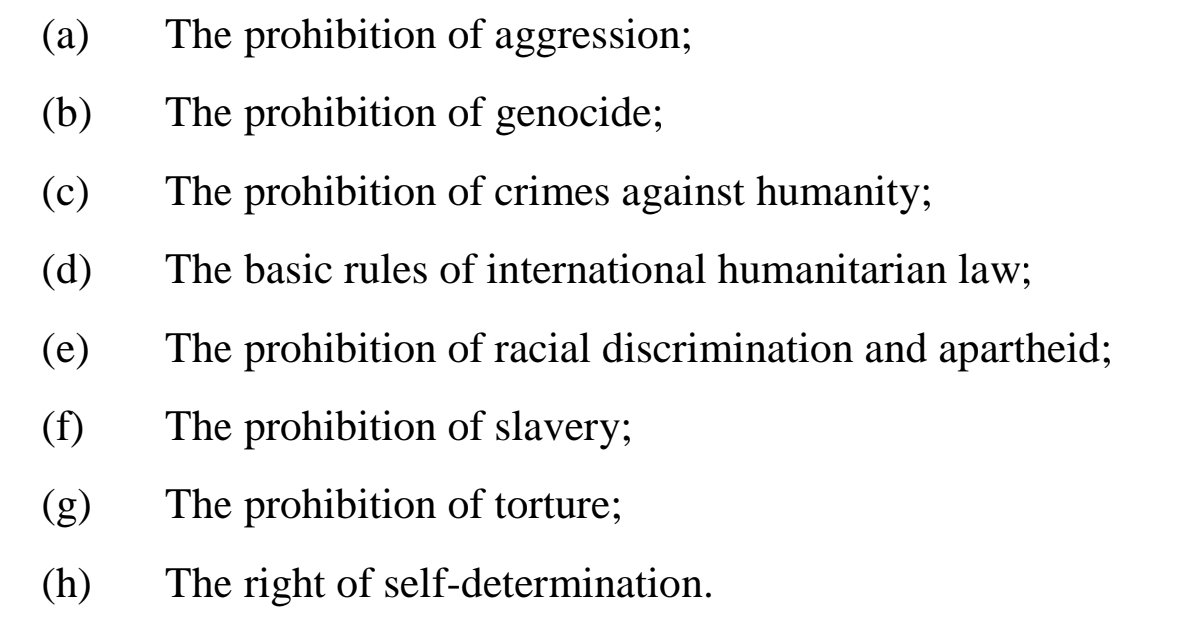Would #Israel, claiming to offer refuge to survivors of WW II atrocities - among them my grandparents - oppose the prevention and punishment of crimes against humanity?
This is what took place at the @UN Sixth Committee (Legal) this week:
This is what took place at the @UN Sixth Committee (Legal) this week:

Delegates considered concluding a new convention on crimes against humanity, debating whether it would close gaps in the current international legal framework, based on the draft articles of the International Law Commission, and the @IntlCrimCourt Statute. #Israel pushed back. 

Reiterating an earlier statement (2019), the #Israeli delegate insisted on the (contentious) primacy of internal jurisdiction over international justice, and on introducing stringent limitations on universal jurisdiction to prosecute the gravest international crimes. Shameful. 

The representative of #Israel suggested that equating the standards of the draft convention with elements of crimes developed by the @IntlCrimCourt, would lead to its rejection (by Israel? by the international community? remains unclear). 

These are the definitions rejected by #Israel, which include deportation or forcible transfer of populations, imprisonment or other severe deprivation of physical liberty, and torture. I wonder why is that? 
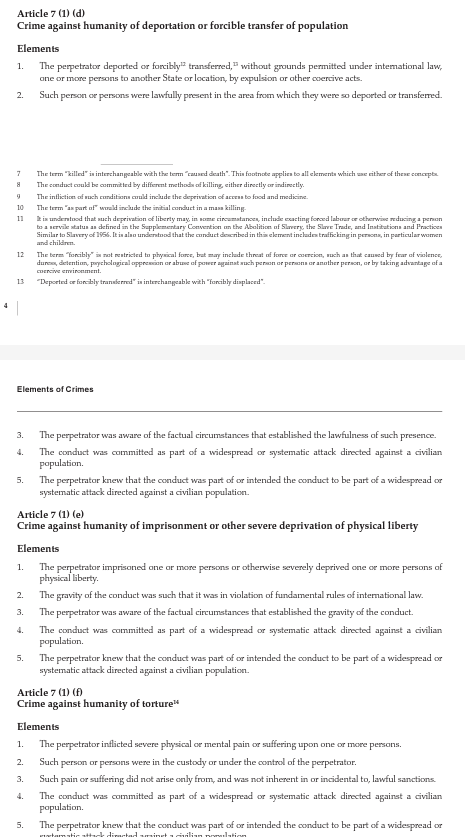
I'm proud to serve for a humanitarian organization - @NRC_Norway @NRC_Geneva - born in the ruins of WW II and committed to protecting displaced persons, and ashamed that my country of nationality - #Israel - betrays that universal lesson. 

• • •
Missing some Tweet in this thread? You can try to
force a refresh



